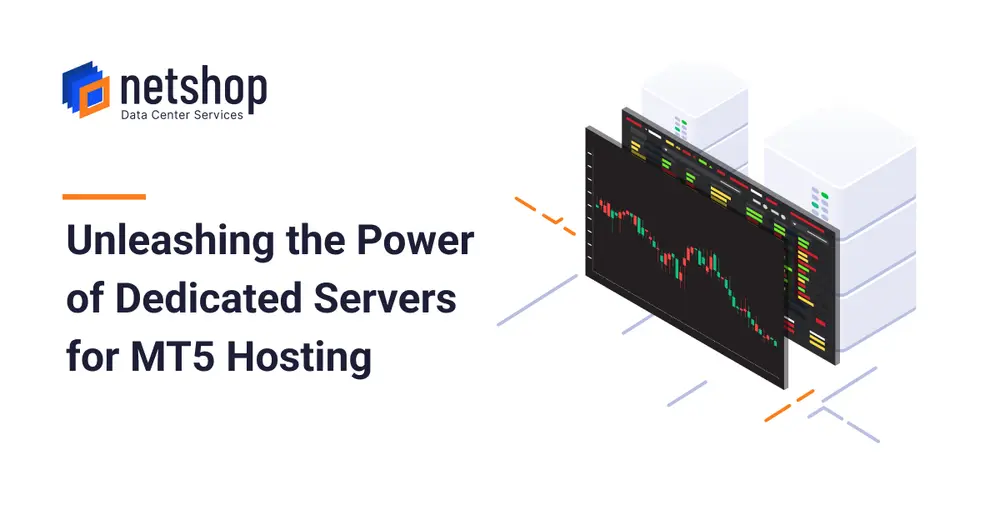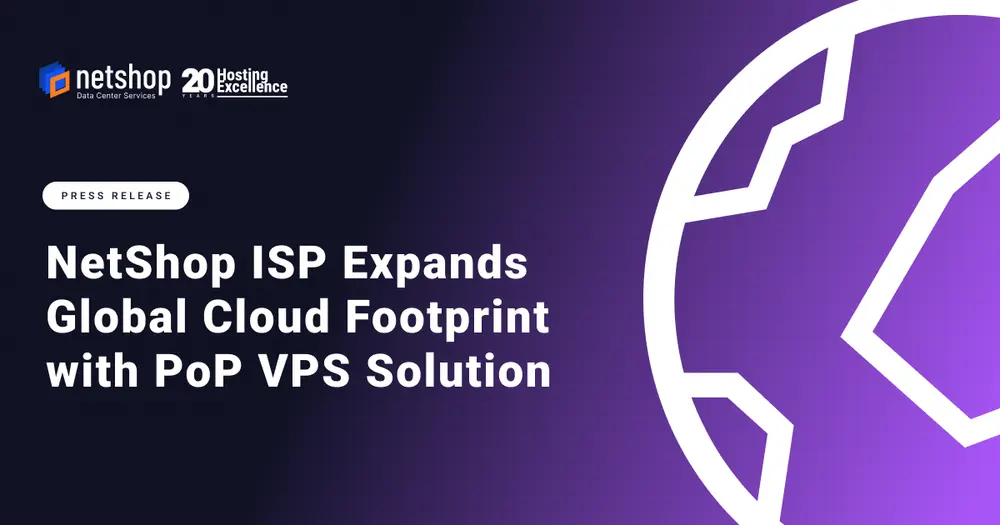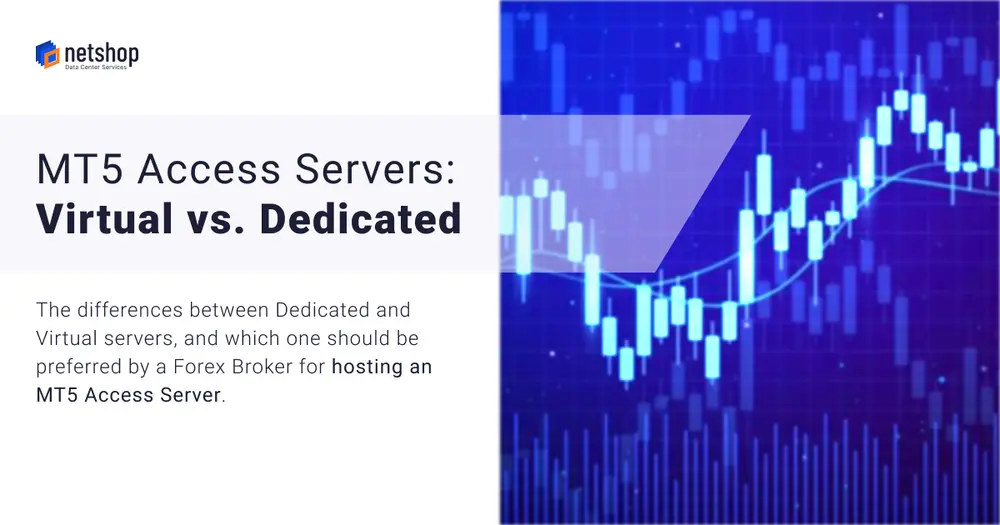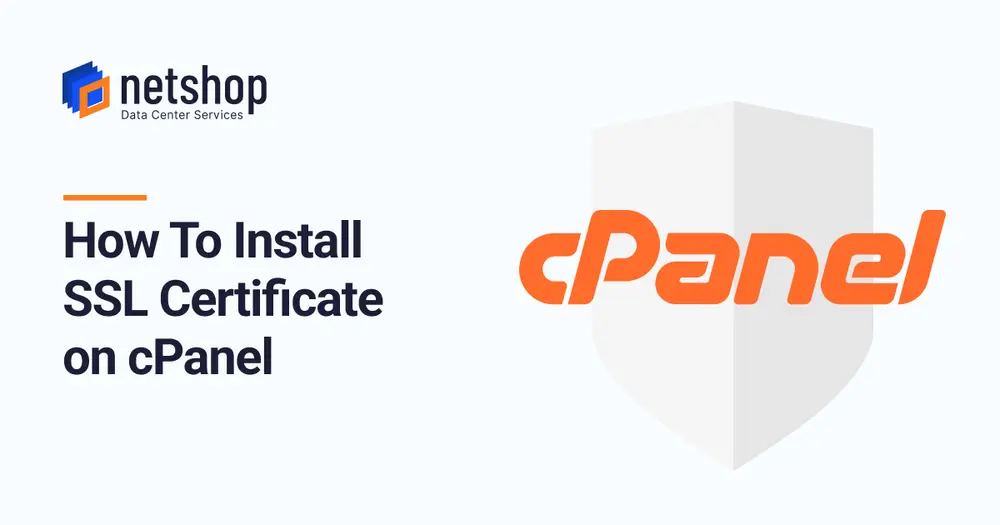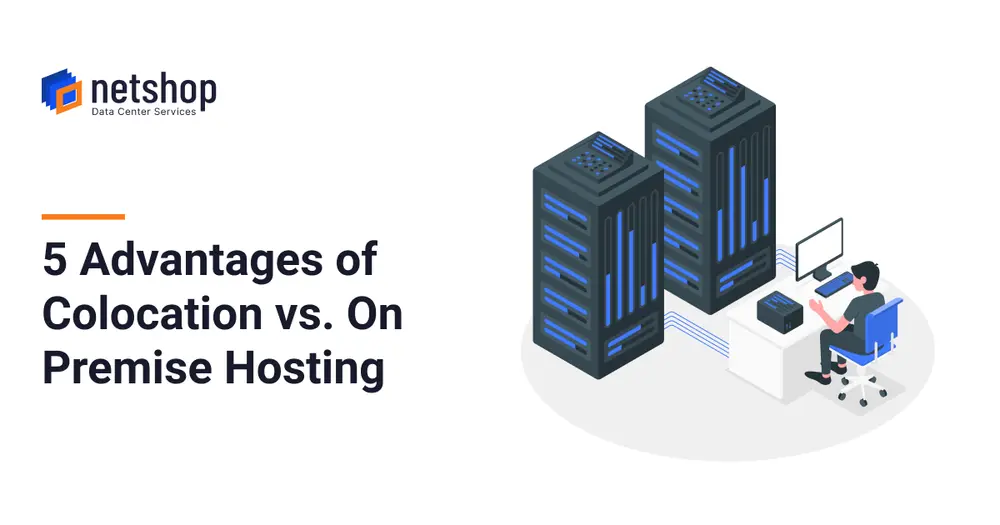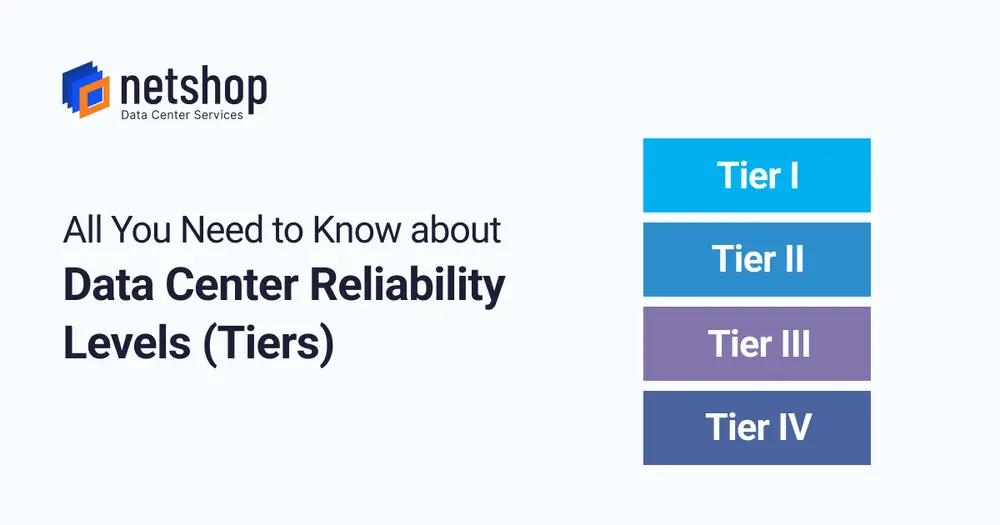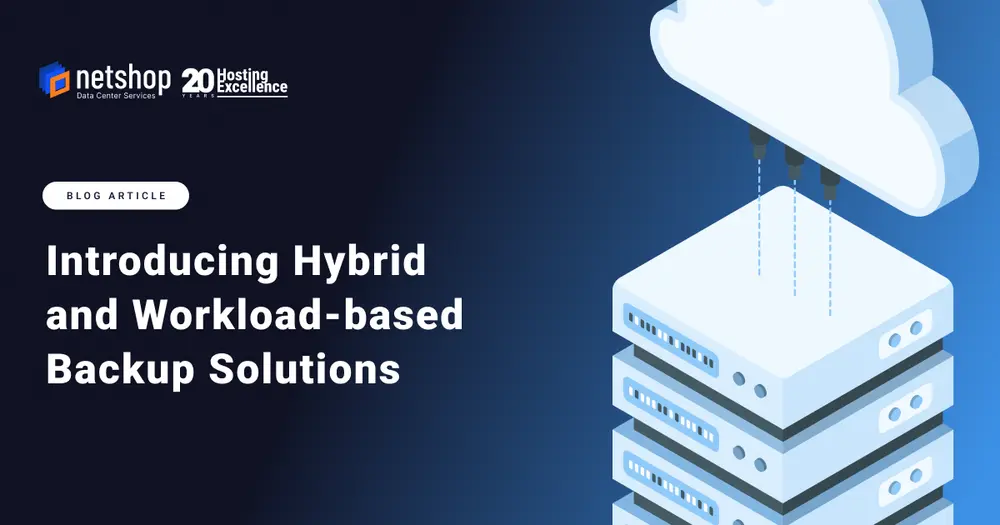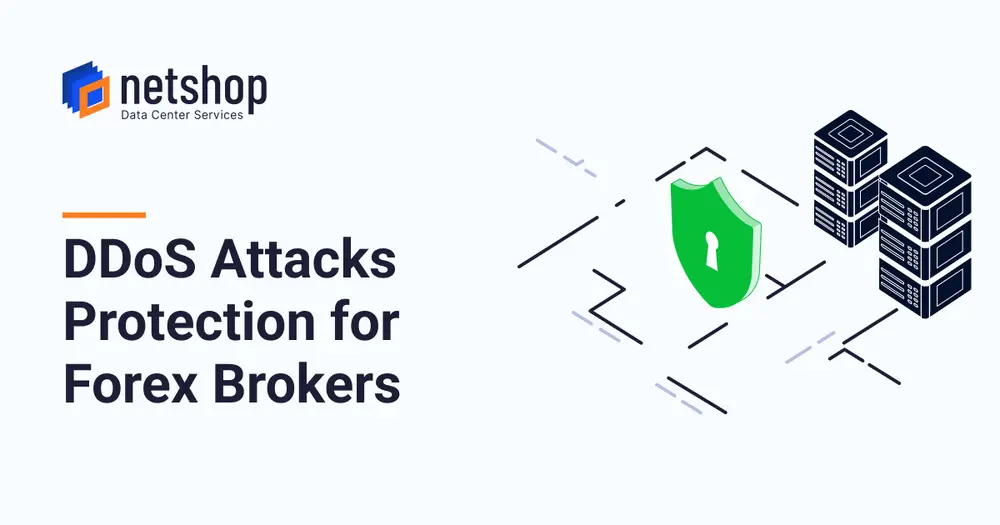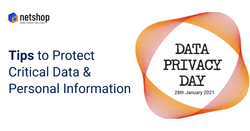This year, 2021, 28th of January is the 40th Anniversary of Convention 108 and also the 15th edition of Data Protection Day.
The global pandemic (COVID19) resulted in many of us becoming dependent on our mobile devices more than even before. Technology is advancing rapidly and both people in our personal lives and businesses are rushing to cope with the new trends in order to do things differently, more remotely.
Data protection is the process of securing important information from compromise, loss or corruption, and ensuring that data can be restored quickly under all circumstances.
What Data needs to be protected at all costs?
There are certain pieces of data which are commonly stored by businesses when users and customers conduct online transactions. The key information that almost any online company you have ever done business with, include:
- Name and Surname
- Physical Address
- E-mail address
- Telephone and Mobile number
- Bank and Credit Card details
How do you protect data?
1. Encrypt your Data
To protect your online transactions, ensure that the websites or web applications you are using have the “lock” icon on the status bar of your internet browser. This means that the website you are using is protected by an SSL Certificate which helps the secure transmission of the information between your smartphone or laptop and the server.
Another way to encrypt your data is by using a secure VPN which helps to hide your anonymity when browsing online and keeps prying eyes away.
Read related article: “Revealing the secrets of VPN: Why and When to use a VPN“
2. Keep Passwords Private
Since you cannot control whether an online store/website you are frequently doing transactions with is going to be hacked, all you can do is ensuring that the passwords you are using are unique with each account you have and randomly generated.
If the database of a business gets hacked your account details, including your password, will be revealed to the hackers. It’s a bad practice to be using the same email address and password for all of your online accounts (social platforms, e-commerce websites).
3. Spare the information you share in Social Media
The more information you post in Social Media (instagram, facebook, linkedin) the more you expose yourself to identity thieves. It is important, when setting up your account in any social network, to setup additional security like hard-to-guess Security Answers & Questions, and when possible, use Two-factor Authentication (2FA) for logging in.
Read related article: “Why Two-factor Authentication (2FA) is Important in Cyber Protection for Businesses”
4. Keep your Devices Secure
In addition to the use of a VPN when browsing the Internet, as we mentioned earlier, there are a few more tips on how to ensure your mobile devices and laptops are secure from hackers. Ofcourse, there is no recipe that will keep anyone 100% secure, however the following best practices will significantly reduce your exposure to hackers and cyber attacks.
– Use Security Software
Install anti-virus software, anti-spyware software, and a Firewall. It is of great importance, especially for Windows users, to protect against intrusions and infections that can compromise your mobile or computer fields. Finally, installing security patches and keeping your Device Operating system up-to-date is essential.
– Beware of Phishing Emails
Never open attachments or click on links in emails sent by strangers. Distributing malware and spyware via phishing emails is one of the most frequently used methods for hackers to penetrate your device.
– Read Privacy Policies
During the past few years there has been a lot of buzz about Privacy Policies and a lot of cases when governments forced the Internet Giants (Facebook, Amazon, Google, Microsoft) to refine their Privacy Policies as a way to protect Consumers data.
Privacy policies can be long and complex, but they will tell you how the particular business/website stores, maintains, controls and processes your personal information. If there is no privacy policy publicly available in the website/business you are about to sign up, or if you cannot understand it clearly, consider doing business elsewhere.
How To Protect Your Data with NetShop ISP and Acronis Cyber Protect
NetShop ISP, an Acronis Authorized Partner, is helping thousands of users and hundreds of businesses in regards to their Data Security, Backup and integrity of the information after Recovering from a loss.
With Acronis Cyber Protect, NetShop ISP offers a very affordable solution to backup any Device (Laptop, Smartphone, PC, Server) along with real-time anti-virus and malware scan for Windows, Linux, Mac and your E-mails.
To celebrate this Year’s Data Privacy and Protection day, we are offering free consultation for our Cyber Security and Data Protection solutions.
Contact us and one of our Solution experts will contact you to arrange a meeting & free demo.
